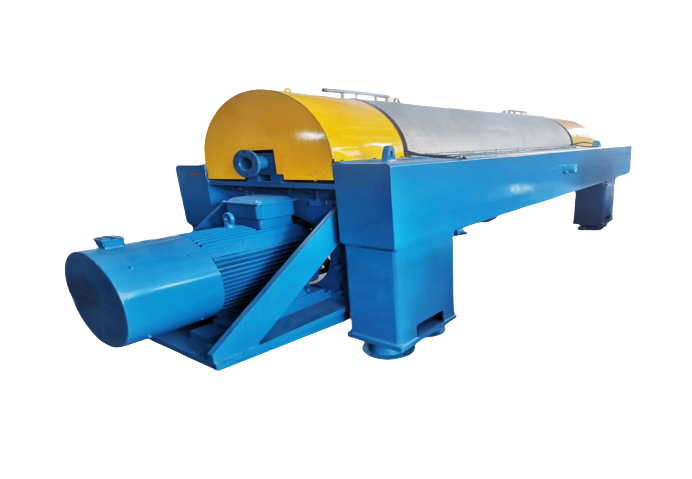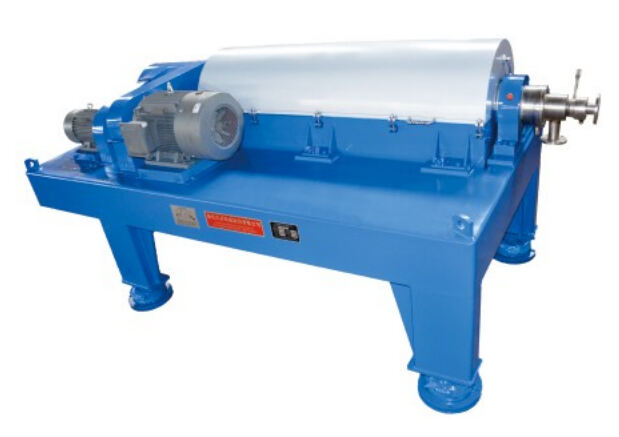beverage separation technology
Beverage separation technology represents a cutting-edge solution in the food and beverage processing industry, designed to efficiently separate and purify different components of liquid mixtures. This innovative technology employs advanced membrane filtration systems, centrifugal separation, and molecular separation techniques to achieve precise component isolation. The technology utilizes a combination of physical and chemical processes to separate beverages based on particle size, molecular weight, and chemical properties. Its main functions include the removal of suspended solids, clarification of beverages, concentration of valuable components, and the separation of specific compounds. The system incorporates multiple stages of filtration, including microfiltration, ultrafiltration, and reverse osmosis, each serving a specific purpose in the separation process. In practical applications, this technology proves invaluable in various sectors, from juice processing and dairy production to alcoholic beverage manufacturing. It enables producers to achieve consistent product quality, extend shelf life, and create innovative beverage formulations. The technology also supports sustainability initiatives by optimizing resource utilization and reducing waste in beverage processing operations.


